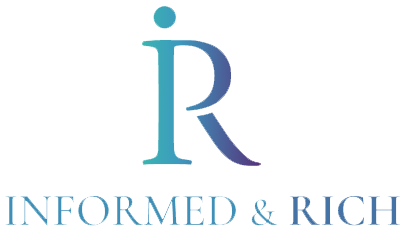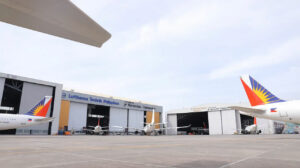MOST GERMAN companies operating in the Philippines are confident about business prospects in the next 12 months, according to the German-Philippine Chamber of Commerce and Industry (GPCCI).
“German-Philippine companies remain cautiously optimistic about their business outlook over the next 12 months, identifying the Philippines as a strategic destination for growth despite ongoing global and domestic challenges,” GPCCI said.
Citing results of the chamber’s Spring 2025 World Business Outlook survey, GPCCI said 65% of the German firms are expecting improved business developments over the next 12 months.
Meanwhile, 58% of the 130 companies rated their current business situation positively.
The survey also found that 44% of firms plan to raise their levels of investment, 47% see staffing growth, while 49% believe that economic conditions will remain stable in the year ahead.
“This continued confidence in the Philippine market reflects the deepening strength of German-Philippine business ties,” GPCCI Policy and Advocacy Chairperson Marian Majer said in a statement on Thursday.
“But with that optimism comes the clear need for policy consistency and regulatory stability to sustain momentum,” he added.
According to the survey, German-Philippine companies are concerned with regulatory uncertainty, demand fluctuations, rising raw material costs, and the impact of international trade dynamics such as tariffs and supply chain shifts.
“Economic policy uncertainty emerged as the leading risk, driven by challenges such as inconsistent regulations, bureaucratic inefficiencies, and unpredictable policy shifts,” GPCCI said.
“Businesses also pointed to fluctuating demand and rising raw material costs as critical issues that could impact stability and planning,” it added.
Businesses are also concerned about the impact of US tariffs, the potential for a global recession, tax audits, Philippine elections, political instability, and port congestion.
“Businesses are clearly taking a cautious view, balancing opportunity with the need to manage risks,” GPCCI President Marie Antoniette Mariano said.
“Supporting long-term business confidence will depend on consistent, forward-thinking policies that reduce uncertainty and encourage investment. There’s a strong expectation that continuity and clarity in economic direction will remain a priority in the months to come,” she added.
On US tariffs, GPCCI said German firms have not yet seen any direct operational impact and noted the opportunity for greater trade between the European Union (EU) and Southeast Asia.
However, the companies see the new tariff measures disrupting supply chains, raising import costs, and product delivery cancellations.
Meanwhile, the companies are waiting on the prospective EU-Philippines Free Trade Agreement (FTA) in planning their expansions and investment, noting that the FTA could support hiring growth.
“The EU-Philippines FTA is poised to drive economic growth and enhance the business landscape in the Philippines,” GPCCI Executive Director Christopher Zimmer said.
“In the face of global trade realignments, the FTA can offer businesses from the EU a timely opportunity to strengthen their supply chains, reduce exposure to external shocks, and plan more sustainably for the long term,” he added. — Justine Irish D. Tabile

